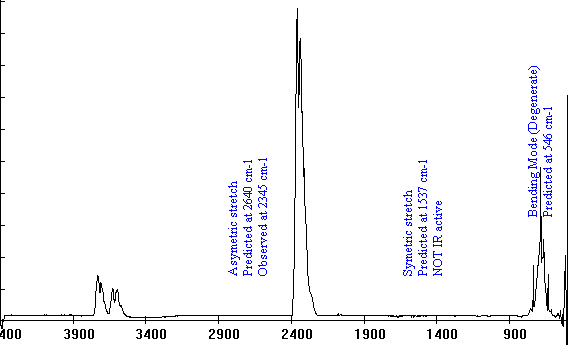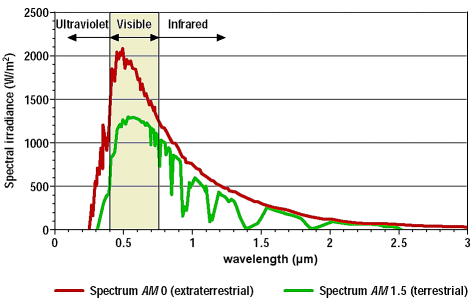I do understand the difference between chaotic and non-linear systems but you don't appear to understand the difference between weather and climate. We don't need to know what the actual temperature is at any specific location to predict where the global mean temperature is going. While there may be debate if the increase over the next century will be .8C or 1.8C, we can say for certain that there will be an increase and that our actions are contributing to it.
We
can't predict the global average accurately. Models are notoriously inaccurate.
We
know there is going to be an increase. That is definitive. The Earth has been warming for the past 20,000 years. It will keep warming. When it stops, that is bad. Will there be an appreciable increase in the rate of warming? Is there even an appreciable increase in warming? This has failed to be
demonstrated as our data is sketchy at best when we go back more than 50 years ago. Build a parking lot next to a weather station and the station will record an increase in temperature. Asphalt absorbs heat.
I couldn't find any numbers for the 98 El Nino event, but the 82-83 event resulted in an
$8 Billion net loss to the world economy. Since the 97-98 event was considerably stronger, it's effects were likely larger as well.
There was a $12 billion net profit. After compensating for damage. I have yet to see evidence of global warming being bad for us. There is no evidence for more frequent and/or more violent hurricanes. Even a cursory glance over the data tells us that. There has been no documented increase in droughts, in fact, the
exact opposite has occurred. There have been less droughts.
Sources for various data.
De Morgen: Home
Not from a scientific journal. Its in Dutch, can't find it in English.
Summary: "Water vapor responsible for 75% of the greenhouse effect; CO2 plays a very small role in actual warming. It further states that the current warm winters are caused by the North Atlantic Oscillation, and not rising CO2 levels.
http://www.ecd.bnl.gov/steve/pubs/HeatCapacity.pdf
Summary: IPCC estimates are too high. We have already gone through the majority of the warming.
SpringerLink - Journal Article
Summary: Only 40% of current warmings can be contributed to CO2. It predicts a cooling over the next two decades
Abrupt changes in rainfall during the twentieth century
Summary: Severe droughts becoming less frequent.
http://caos.iisc.ernet.in/Monsoon_Prediction_2004.pdf
Summary: The failure to predict monsoons.
Amazon Forests Green-Up During 2005 Drought -- Saleska et al. 318 (5850): 612 -- Science
Summary: Short term droughts apparently advantageous to rain forests, contrary to models.
The link I had to the El Nino of 98 has died, and the only other net source I have is on a database, and that only mentions it in passing. There are some books on it though.


